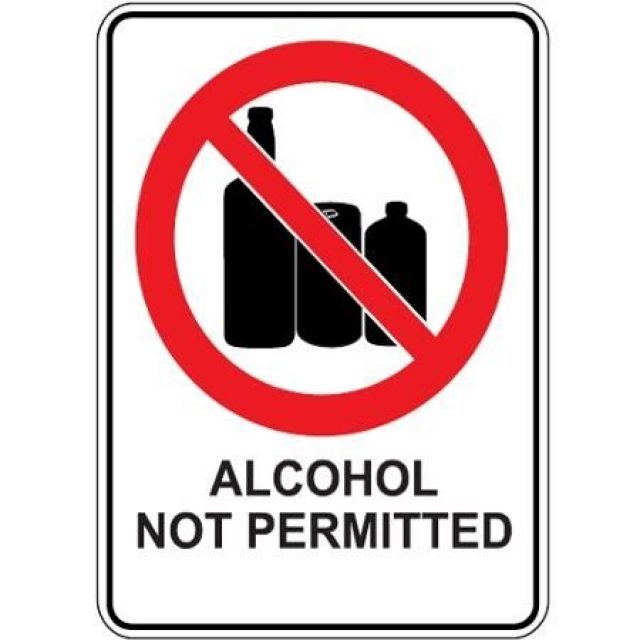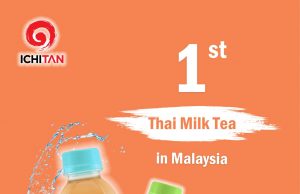Governments in Southeast Asia are clamping down or restricting alcohol sales. Within a span of few weeks, Indonesia has announced a new law prohibiting small store i.e. convenience stores and minimarts from selling alcoholic drinks with 1-5% ABV. This is a nationwide ban and the cited reason was for “the protection of morals and culture in the society.” Education Minister Anies Baswedan applauded the trade ministry’s move saying “this regulation really helps children or school kids from avoiding exposure to such liquor.”
In Indonesia, bootleg liquor death numbers around 18,000 each year despite the passing of 147 government regulations. Experts feel the liquor ban in minimarts will result in more bootleg death.
In neighbouring Malaysia, the state of Malacca has decided to to ban the sale of “hard liquor” in 7-11 convenience stores in Malay-Muslim majority areas such as Masjid Tanah. Beer is still allowed. The ban will not affect non-Muslim majority areas. Also, coffee shops have to remove signboards bearing the logos of liquor brands. The moves are “to prevent the sale of liquor to youths in these areas and to stop them from consuming alcoholic drinks, besides curbing social problems arising from the drinking habit.”
In modern Singapore, the government has passed the Liquor Control (Supply and Consumption) Bill in January 2015 to reduce crimes related to alcohol consumption. According to the government, there were 115 cases of serious hurt and 47 cases of rioting in 2014 linked to alcohol consumption. The new bill prohibits the sale of take-away alcohol after 10.30pm and alcohol cannot be consumed in public places between 10.30pm and 7am every day.
What we are seeing is the governments of Indonesia and Singapore and the state government of Malacca are trying to reduce social problems linked to alcohol consumption. In Muslim-dominated countries like Indonesia and Malaysia, such moves are usually interpreted as rising Islamisation. In Singapore, the action is seen as largely directed at foreign workers who cannot afford to drink in establishments that serve alcohol.
For Malaysia, the Malacca example, if successfully carried out, may eventually lead to a nationwide ban. The nationwide ban in Indonesia was a culmination of individual bans carried out by the local government. There is indeed a real fear in Malaysia by non-Muslims that the alcohol restriction may see the country becoming less tolerant of non-Muslim needs.
 |
| Singapore Liquor Control Bill |













